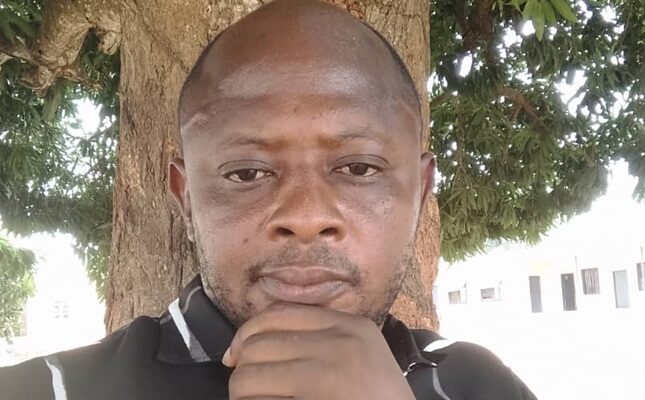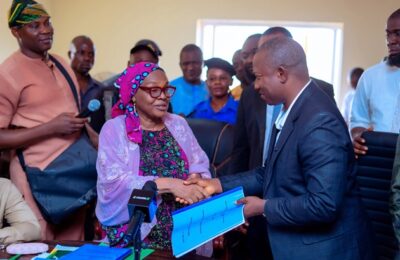The international system no longer recognizes sovereignty as an excuse for state-sponsored silence in the face of mass killings. In a world bound by treaties and conventions, sovereignty is not an island; it is a responsibility. When a nation-state deliberately fails to protect its citizens from genocidal violence, it forfeits its moral and legal claim to sovereignty under international law. Nigeria today stands dangerously close to that threshold.
As the late Kofi Annan once said, “State sovereignty, in its most basic sense, is being redefined—not as a right to be defended, but as a responsibility to be upheld.” The Nigerian state has signed and ratified critical global instruments—the Universal Declaration of Human Rights, the Geneva Conventions, and the Responsibility to Protect (R2P) principle under the United Nations framework. These agreements bind her to defend the lives and dignity of her citizens regardless of ethnicity or religion. Yet, the continued massacre of farmers in Benue, the burning of communities in Plateau, and the terror attacks in Kaduna and Zamfara reflect a tragic abdication of that responsibility.
Every time innocent citizens—Christian or Muslim—are slaughtered while the government issues mere statements, the world takes note. Nigeria cannot demand respect for her sovereignty while shielding or excusing those who spread terror. The state’s failure to protect its people is not just a moral tragedy—it is a legal breach under international humanitarian law. The principle of sovereignty ends where mass atrocity begins.
The United Nations Convention on the Prevention and Punishment of Genocide (1948) places a duty on signatory states to prevent acts that could lead to extermination of groups based on identity. Where the state itself becomes complicit—through negligence, bias, or indifference—the responsibility shifts. Article 1 of that Convention affirms that “genocide, whether committed in time of peace or in time of war, is a crime under international law which they undertake to prevent and to punish.” Nigeria, being a signatory, is therefore not immune to scrutiny.
In moments like these, the words of Bishop Desmond Tutu echo with haunting relevance: “If you are neutral in situations of injustice, you have chosen the side of the oppressor.” The neutrality or silence of a government in the face of killings is itself a political act—a form of complicity that undermines the foundation of its sovereignty. A state that cannot guarantee safety loses its legitimacy, and when legitimacy dies, sovereignty becomes a hollow crown.
Global institutions have moved beyond the era when national borders provided a shield for human rights abuses. From Rwanda to Bosnia, from Darfur to Myanmar, the world has witnessed what happens when nations hide behind the veil of sovereignty to commit or permit atrocities. Nigeria must not follow that tragic path. The right to sovereignty must be earned daily through the protection of citizens, not merely claimed through geography or flags.
If the Nigerian government continues to fail in protecting Christians from sectarian massacres or Muslims from retaliatory violence, it opens the door for international mechanisms to intervene—whether through UN Security Council resolutions, humanitarian missions, or international criminal investigations. Sovereignty is not absolute; it is conditional upon justice.
As Dr. Martin Luther King Jr. warned, “Injustice anywhere is a threat to justice everywhere.” The killings in the villages of the Middle Belt and the abductions in the North are not local tragedies—they are human tragedies. And when the world witnesses them through silent diplomacy and diplomatic immunity, humanity itself is diminished.
Nigeria stands at a moral crossroads. It must choose between the outdated pride of unaccountable sovereignty and the modern responsibility of humane governance. Protecting its citizens is not a favour—it is an obligation enshrined in the very treaties that grant it membership in the international community. The blood of the innocent is a language that even the United Nations cannot ignore forever.
A truly sovereign nation does not hide from its duty to protect. It rises to it. For Nigeria, the time to rise is now—before the world decides to rise in her place.
– Inah Boniface Ocholi writes from Ayah – Igalamela/Odolu LGA, Kogi state.
08152094428 (SMS Only)




